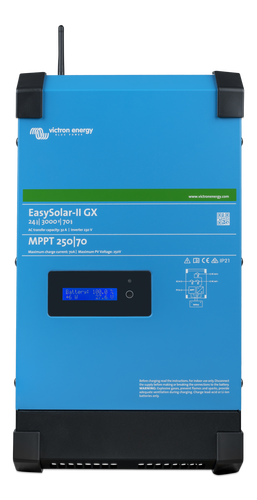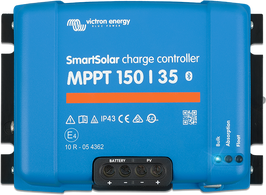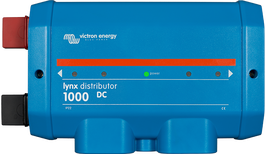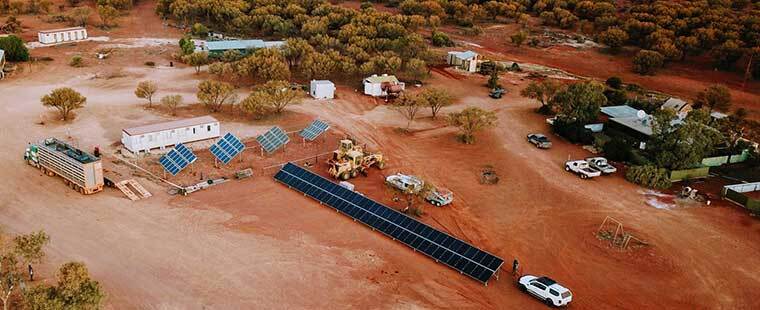
The 2019 winter Speed Skating season is already well underway with a new world record and a fiercely-contested season in prospect.
Although they would be too modest to admit it – The Dutch are the dominant force in the sport, taking twenty or more medals in each of the last two Winter Olympic Games. How do they do it?
One of the most prominent and successful clubs in the Netherlands is Gewest Fryslân – who have trained 5 of the 12 Junior skaters to go forward into this season’s international events. Gewest Fryslân have a reputation for picking the top talent – for speed and individual potential – and then training them to the highest level. Among the reasons for their success, they believe, is that they insist on training athletes across all disciplines of the sport – allowing skaters to learn from each other.
What are the disciplines?
We thought we’d take a moment to explain a little about Speed Skating. Although hugely popular in Northern latitudes – and particularly the Netherlands – speed skating is little understood elsewhere. What is all the excitement about? What are the challenges? Who are the names to watch?
Powering along the ice at speeds of over 50 kmh; the Olympic sport of Speed Skating witnesses 2, 4, 8 – sometimes 25 skaters – racing on an oval ice rink over distances between 500m and 10,000m (40,000m in marathon events). Perhaps the most exciting moments of each race are the corners! Racers – travelling fast – are often very tightly-bunched as they loop into a sharp corner seeking to take the lead by unexpected lane-changes.
Individual- and Team-events.
Individual events will have strict rules regarding competitor-interference – but these are more relaxed in the ‘Mass Start’ events …where there may be twenty or twenty-five starters, with the result that in the heat of the moment accidents and incidents are more likely to occur. Team Pursuit races may be strategic – pacers dominating the early stages with sprinters held in reserve for a final burst and an early-burst team member permitted to drop out – or they may adopt the well known ‘relay’ format.
A lot of these formats are recent developments, and have made the Sport much more interesting.
Victron Energy are proud to once again be sponsoring Gewest Fryslân – the sixth year we have done so. We like their continual striving for excellence. The four disciplines taught at Gewest Fryslân are:
- Short Track – racers lap a 111 metre oval track for a distance of 500m – 3000m typically. Fast – action packed!
- Long Track – racers laps a 400 metre rink – typically over distances of 500m – 60,000m. These are endurance races where style counts for everything.
- Inline Skating – (where the skate has wheels rather than a blade) Summer practise, it also mirrors the winter competitions.
- Figure Skating – Ballet on ice. Familiar to many people around the world from Winter Olympic events. Speed and Grace; set to music.

Names to watch among the seniors
- Dione Voskamp (500m), Sanneke de Neeling (500m) and Melissa Wijfje (1500, 3000, Team Pursuit and Mass Start).
Melissa Wijfje won last weekend’s Women’s 3000m event. Senior skaters from each country belong to either the A or the B group – the A’s being faster. Melissa’s latest achievement means she now moves up to the A group.
Names to watch amongst the Juniors
In the Junior World Cup held in Bjugn in Norway last weekend the Dutch competitors achieved a clean sweep in the 1000 metres on the first day of the competition. Femke Kok, Myrthe de Boer and Marrit Fledderus achieved 1st, 2nd, and 3rd places respectively.
Femke Kok flashed over the line in a time of 1:19.03 She also won the 500 metre event the following day with a time of 39.30s – setting a new track record. Jur Veenje won the 1500 meter men’s juniors in 1:52.06. and Jordy van Workum gained second place in the Mass Start. A very successful weekend, then, for the Fryslân skaters who are already looking forward to next weekend’s event to be held at IJsbaan Twente in Enschede, Netherlands.
Competition is so fierce, and the time-gap between winning athletes so small that performance is re-assessed mid season – and so skaters who were selected to represent clubs in international competitions may not be selected when National competitions take place in December. Skating stars have to work hard to keep their place!
European Championships. World Championships
There are exciting competitions to watch almost every week – building to the European Championship which takes place in January, in Heerenveen, Netherlands; and the World Championship which follow in February, in Salt Lake City, USA. For the juniors the World Championships take place between 21st – 23rd February, in Tomaszow Mazowiecki, Poland.
A word about the history…
The Netherlands are dominant performers in Speed Skating. There is a historical reason for that: a quarter of the country’s land area lies below sea level (the word ‘Nether’ means low or below). Since medieval times the land was reclaimed by pumping the water (using windmills) into newly dug canals which became the country’s communication routes. During the winter these canals freeze over – creating natural ice skating lanes which have been used for speed skating for centuries.
Where to watch – how to keep informed:
Full race results and news can be found on the Gewest Fryslân News page (links to Google translation).
You can catch up on recent events, or live stream current ones, here: https://www.youtube.com/user/SkatingISU
Or follow Gewest Fryslân posts on social media:























 #victronenergy #adventure
#victronenergy #adventure
 ELECTRICS
ELECTRICS 
